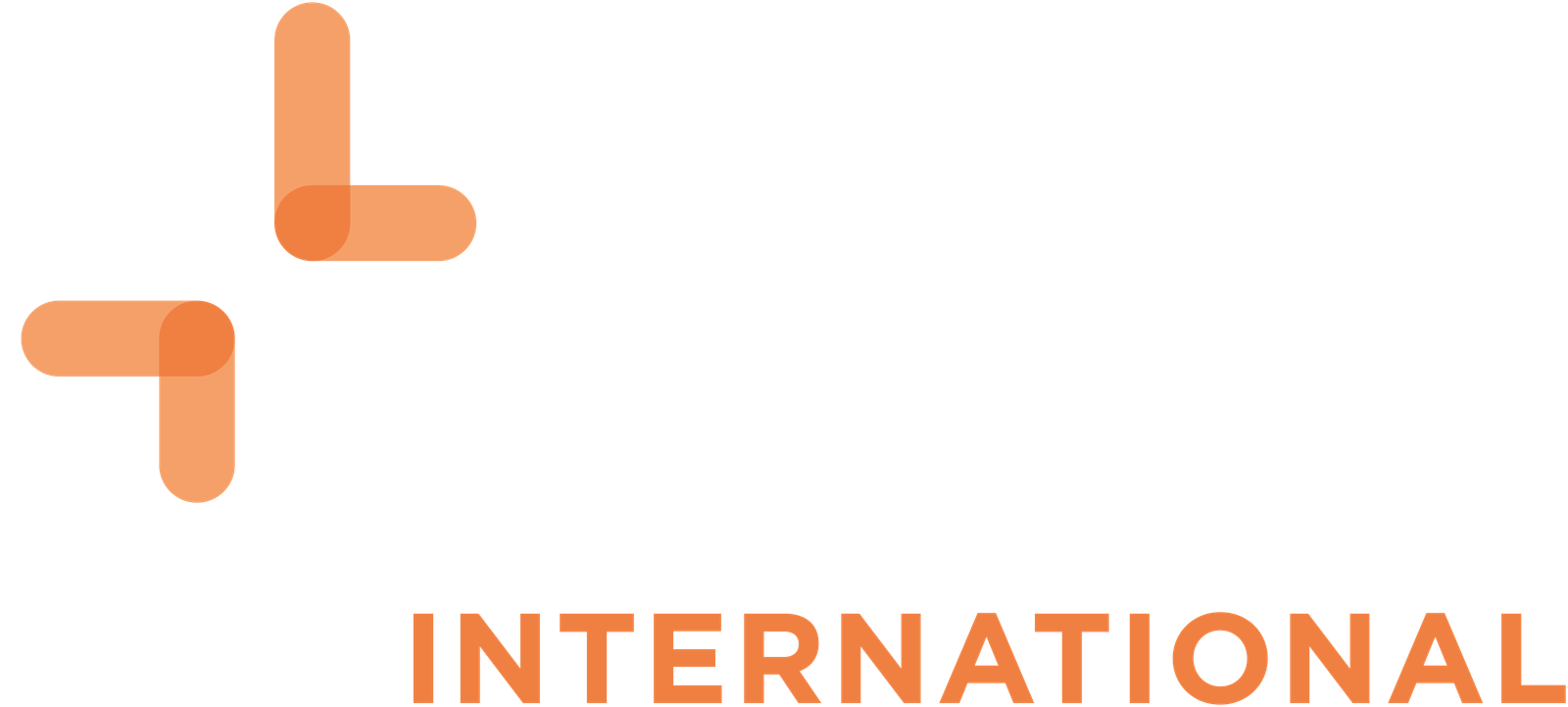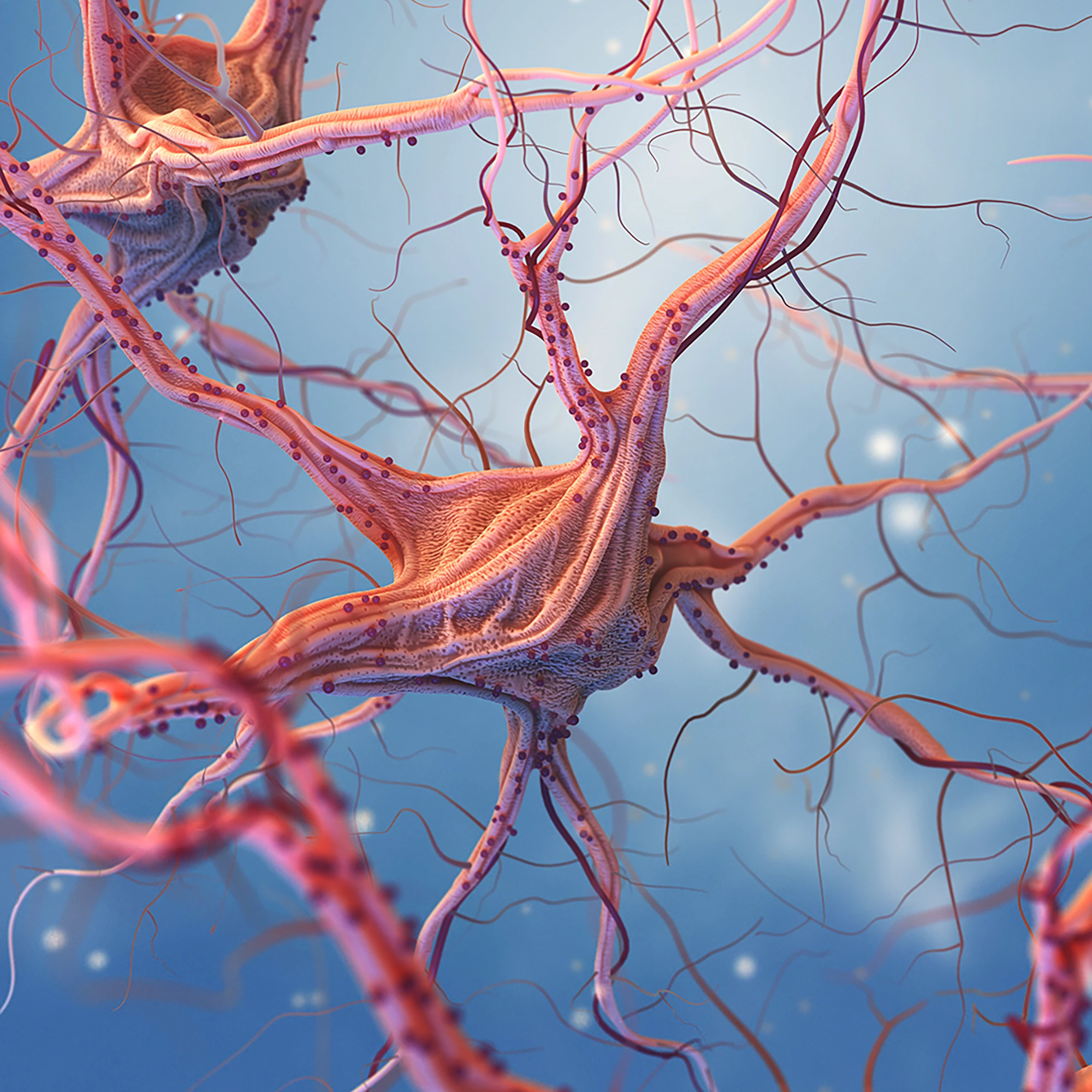Navigating the complex landscape of neurological disorders requires not only access to quality healthcare but also an informed understanding of various conditions and their management. This comprehensive guide is designed to provide you with essential information about common neurological disorders, emphasising the importance of being informed in health matters, regardless of your background or healthcare needs.
1. Alzheimer’s Disease
Alzheimer’s is a progressive disease that destroys memory and other crucial mental functions. It’s most commonly identified by memory loss, difficulty in performing familiar tasks, and impaired judgement. Management strategies include medications for memory loss and treatments for symptoms related to behaviour, sleep, and depression.
2. Parkinson’s Disease
This is a neurodegenerative disorder that affects predominantly dopamine-producing neurons in a specific area of the brain. Symptoms develop slowly over the years and include tremors, limb rigidity, and balance problems. While there’s no cure, medications can significantly improve symptoms, and surgical procedures, such as Deep Brain Stimulation (DBS) are also an option for some.
3. Multiple Sclerosis (MS)
MS is a potentially disabling disease of the brain and spinal cord, where the immune system attacks the protective sheath that covers nerve fibers. Symptoms can include fatigue, difficulty walking, and numbness. There’s no cure for multiple sclerosis, but treatments can help speed recovery from attacks and manage symptoms.
4. Epilepsy
Characterized by recurrent, unprovoked seizures, epilepsy is a central nervous system disorder. Seizures are episodes of uncontrolled and abnormal firing of brain cells that may cause changes in attention or behaviour. Treatment involves the use of anti-seizure medications.
5. Stroke
A stroke occurs when the blood supply to part of your brain is interrupted, preventing brain tissue from getting oxygen and nutrients. Quick action is crucial, and treatment depends on the type of stroke. Rehabilitation is an essential part of recovery.
6. Migraines
Migraines are intense headaches that occur with symptoms like nausea, sensitivity to light, or numbness. They can last for hours or even days. Preventive and pain-relieving medications can help manage migraine headaches.
7. Brain Tumors
Brain tumors are masses of abnormal cells in the brain. They can be cancerous or noncancerous, and their symptoms vary depending on the tumor’s size, type, and location. Treatment options include surgery, radiation therapy, and chemotherapy.
Understanding these conditions is the first step in recognizing their impact on individuals and society. It’s essential for everyone, whether you’re making healthcare decisions for yourself or a loved one, to have access to comprehensive information and quality healthcare services. An informed approach to these neurological conditions emphasizes the importance of quality in healthcare choices, from selecting top-notch medical professionals to insisting on personalized patient care. Remember, whether you’re a patient, a caregiver, or simply a conscientious individual, you have the right to demand excellence in healthcare, and it starts with being informed.
Discover More with Healwise

Can’t find a good doctor locally to treat your neurological condition?
Healwise gives you top neurosurgery expert recommendations in nearby countries, and supports you from start to finish. All at no extra cost to you.




